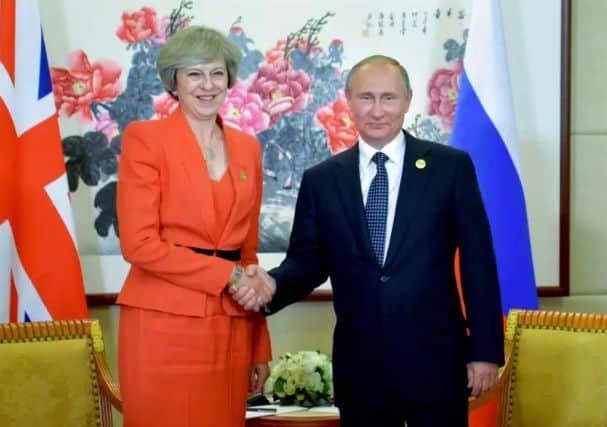Twitter told to re-look for Russian interference in UK politics


Unearthed data shows more than 2,400 tweets about the UK, Brexit, the refugee crisis and last year’s general election came from at least 154 accounts linked to the Internet Research Agency (IRA), a Kremlin-linked organisation accused of sowing disinformation on social media.
Many of the accounts had tens of thousands of followers, with some messages shared thousands of times between 2015 and 2017, but the full scale and impact of the campaign is currently unclear because of the limited data available.
Advertisement
Hide AdTwitter told MPs on a parliamentary committee investigating fake news in February that it had found 49 such accounts tweeting specifically about Brexit, after months of pressure from its chairman Damian Collins.
But Twitter’s evidence fell short of the demand Mr Collins has requested in letters since November that the company provides “a list of accounts linked to the Internet Research Agency and any other Russian linked accounts that it has removed and examples of any posts from these accounts that are linked to the United Kingdom”.
Mr Collins said: “There’s clearly been a lot more activity than they acknowledged. So does that mean they were unaware of it or that they just aren’t looking for it?”
He said he would be asking the social media network to look once more for evidence of Russian interference in UK politics on its platform in light of the research.
“It confirms the view that Twitter cannot be allowed to mark its own homework,” Ian Lucas, who also sits on the Department for Culture, Media and Sport said. “It seems an extraordinary state of affairs that such influential businesses can ask for everything to be taken on trust.”
A Twitter spokesman stressed that the shortfall had occurred because the company’s investigation had focused on the Brexit campaign specifically, not the 2017 general election or other issues around UK politics.
All of the 154 accounts found to have been involved were “permanently suspended” last autumn, it added.